Blog
Writing, thinking and debating about how data and AI can be made to work for people and society
Explore the Ada blog
Filter by:
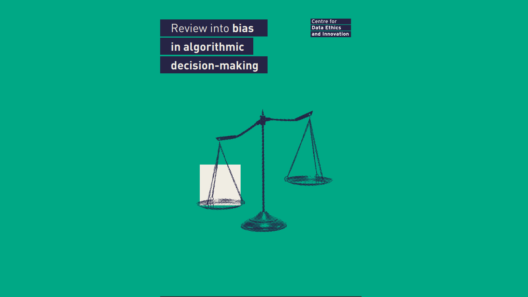
Accountability for algorithms: a response to the CDEI review into bias in algorithmic decision-making
Reviewing bias is welcome, and stopping the amplification of historic inequalities is essential.
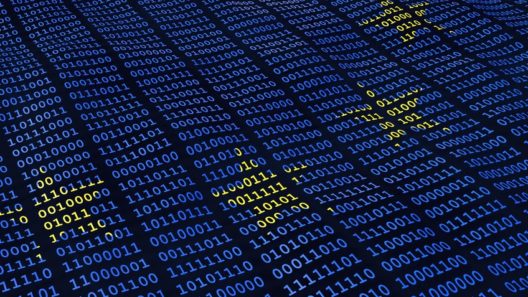
Reinventing online platforms: is the new EU regulatory package enough?
Without mandatory interoperability, will the Digital Markets Act and Digital Service Act be enough to reset the rules for big tech?

The ethical case for data fiduciaries
Trust, vulnerability and trustworthiness, and ensuring that the interests of big tech are aligned with the interests of their users.
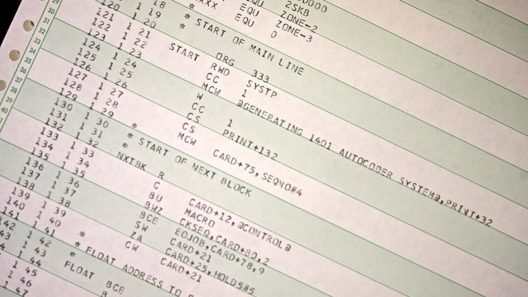
Data stewardship: an archival perspective
Archives as datasets? What can we learn from archivists in data preservation and sharing?
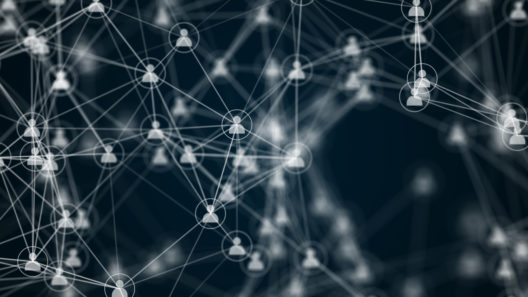
Strength in numbers: a case study for building a data-based community in cystic fibrosis
Now, more than ever, data can be used to bring people together as well as numbers.
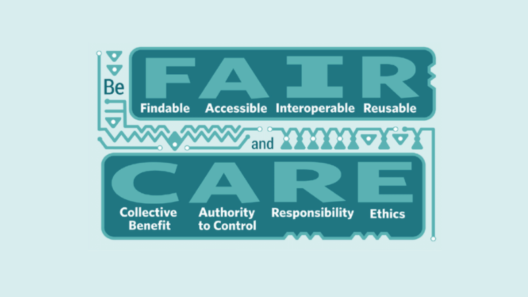
Working with the CARE principles: operationalising Indigenous data governance
Shifting the focus of data governance from consultation to values-based relationships to promote equitable Indigenous participation in data processes.

Algorithms in social media: realistic routes to regulatory inspection
Establishing systems, powers and capabilities to scrutinise algorithms and their impact.

Common governance of data: appropriate models for collective and individual rights
From Elinor Ostrom’s design principles for governing the commons to mechanisms that ensure collective and individual data rights: what steps to take?
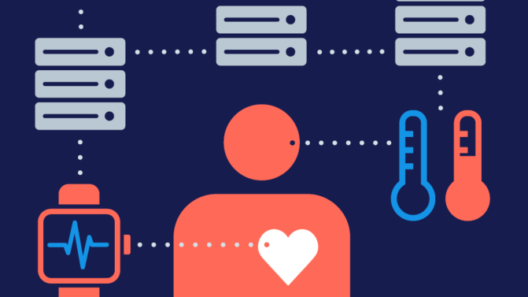
Health datafication, digital phenotyping and the ‘Internet of Health’
A new report from the Ada Lovelace Institute explores the datafication of health, how it manifests and the consequences for people and society.
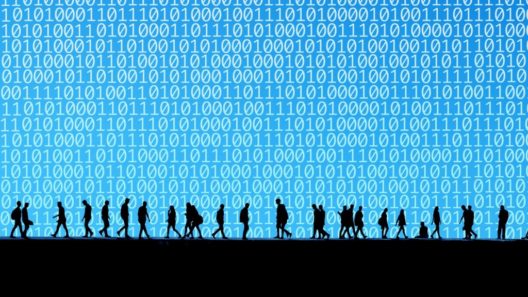
Practising data stewardship in India, early questions
How could data stewardship help to rebalance power towards individuals and communities?

Non-personal data: the case of the Indian Data Protection Bill, definitions and assumptions
A non-personal data framework is emerging out of the Indian Data Protection Bill, what are its definitions, rationale and underlying assumptions?
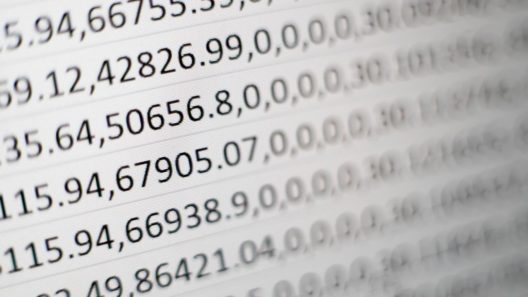
Meaningful transparency and (in)visible algorithms
Can transparency bring accountability to public-sector algorithmic decision-making (ADM) systems?